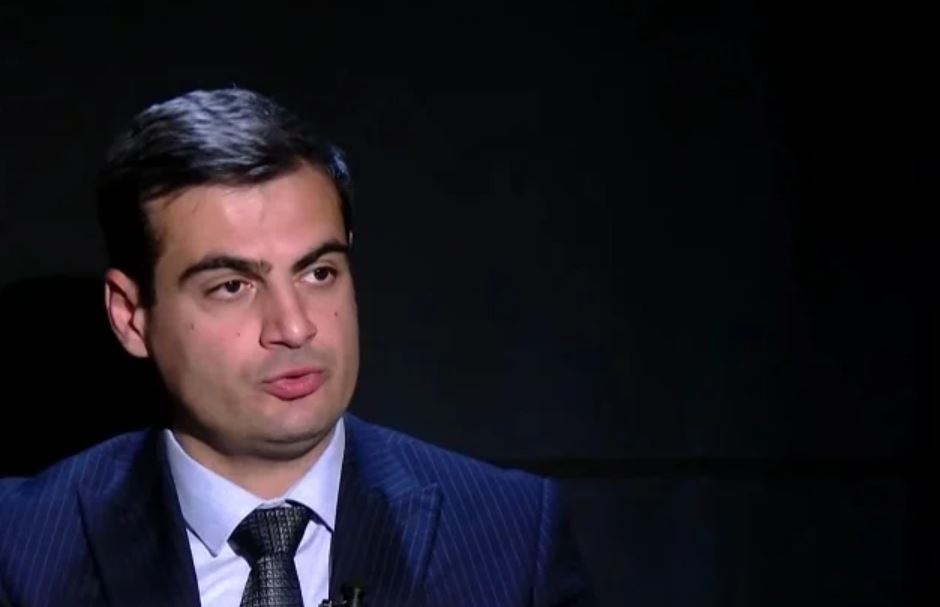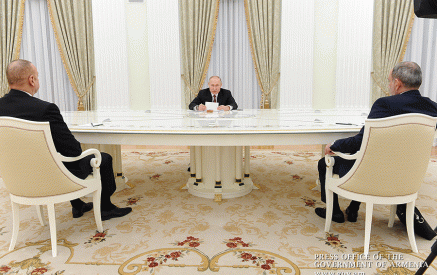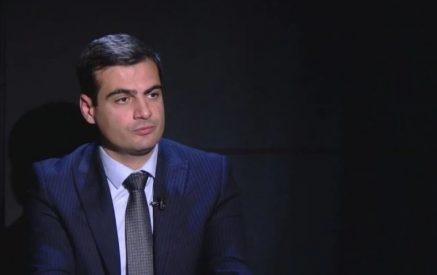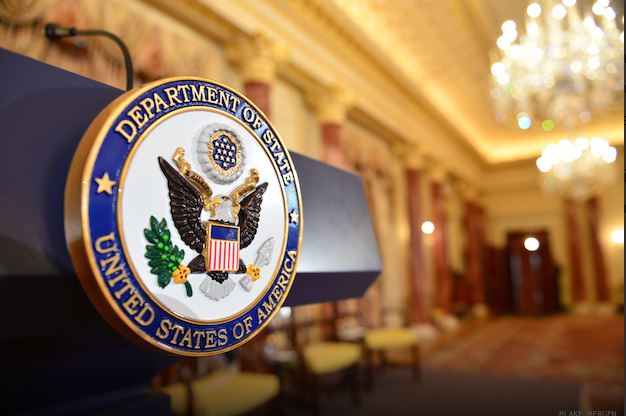The interlocutor of “Aravot” is political scientist Gurgen Simonyan.
– Mr. Simonyan, how do you evaluate the negotiation process between Armenia and Azerbaijan? After the tripartite meeting in Brussels, the President of the Council of Europe, Charles Michel, announced that Armenia and Azerbaijan confirmed the recognition of mutual territorial integrity based on the Declaration of Alma- Ata, 1991. What processes are taking place?
– In general, even with Alma Ata’s declaration, the issue of Artsakh still needed to be clarified because when that declaration was signed, no final decision regarding Artsakh had been made. Negotiation processes were still underway. And we must remember that the Armenian side emerged victorious in that war over Artsakh. And if the declaration of Alma-Ata is not discussed, it turns out that the parties can contest the territories of Armenia and Azerbaijan that we are imagining now.
And we know that now the armed forces of Azerbaijan are much more capable of fighting, and the balance is broken in their favor. They will argue continuously and, using brute force, constantly tear the Republic of Armenia piece by piece. That is why it is correct to refer to that declaration in a declarative form; it is proper to continue the negotiation process, at least in that format, until the Republic of Armenia manages to restore the natural balancers. And the natural balancer is exclusively the Armed Forces of the Republic of Armenia.
Read also
– Nikol Pashinyan declares that he recognizes the territory of Azerbaijan of 86.6 thousand square kilometers; how do you evaluate this?
– It is Nikol Pashinyan’s problem; it is a personal problem until any document is signed. When the successors come after Nikol Pashinyan, they will give a political assessment of Nikol Pashinyan’s verbal expressions. As we now evaluate the wrong political steps of Serzh Sargsyan, Robert Kocharyan, and Levon Ter-Petrosyan, we will determine Nikol Pashinyan’s political actions and declarative statements that he continuously makes in the same way. And as for the issue of whether or not to sign the document, the Azerbaijani side will be the one not to sign at the last moment. Even if it is the most shameful “peace” agreement for the Republic of Armenia, Azerbaijan will be the last not to sign it because their ultimate goal is maximalist. Much more than what the world is ready to see in the unquoted capitulation document for the defeated Republic of Armenia. As for capitulation, it is also a wrong agenda because we have not surrendered. It was a stopped war with the intervention of the Russian Federation. It is still a question of what would happen if the war continued. And I have significant doubts that Azerbaijan could not have this victory.
– From Charles Michel’s statement, it follows that Artsakh is recognized as a part of Azerbaijan. What did that statement mean?
– No, Artsakh is not recognized as part of Azerbaijan; it is recognized as part of the Soviet Socialist Republic of Azerbaijan. And after the dissolution of the USSR, Artsakh, like other republics, as an autonomous region, decided to declare independence and continue its path independent of Azerbaijan. In the recent past, since 1988, anti-Armenian politics has been rampant in the territory of Azerbaijan, and genocidal acts were carried out. Let’s not forget that the world wants to bring Vladimir Putin to criminal responsibility, and they called only the kidnapping of Ukrainian children a genocidal policy. Why did everyone forget that in the maternity hospitals of Sumgait and Baku, they committed aggression against children of Armenian origin? In my opinion, the government of Armenia is implementing a half-hearted policy; we have a conceptual gap regarding Artsakh. And I don’t see actual steps to fill those conceptual gaps. And that conceptual gap is 30 years old, not only a problem today. In my opinion, the Western platforms do not allow the Republic of Armenia to alienate Artsakh by surgical methods.
-In recent months, Nikol Pashinyan has tried to substantiate that Artsakh is a part of Azerbaijan. What is the purpose of this? Even in this context, he refers to the Madrid principles, saying that Armenia recognized Artsakh as a part of Azerbaijan.
– Artsakh belongs to the people of Artsakh and Armenians living in Artsakh. I believe that we deviated from our right and normal path from the status quo in 1994 when the “unification” political agenda was replaced by the “independence” political agenda. It was of the absurd genre; in the context of the administrative-territorial units of the USSR, the issue of Artsakh should have been resolved, as if separating from one member country of the USSR to join another member country. A territorial claim should be formulated for Artsakh and surrounding areas. We should have pursued a purposeful policy, finding our own support in strengthening our state, not relying on some superpower, but on the spot engaging in corruption and looting, destroying the state administration system.
Roza HOVHANNISYAN
“Aravot” daily, 20.05.2023























































